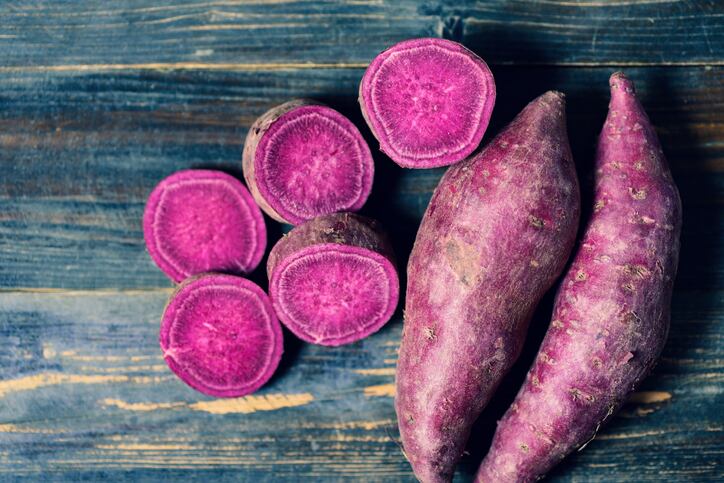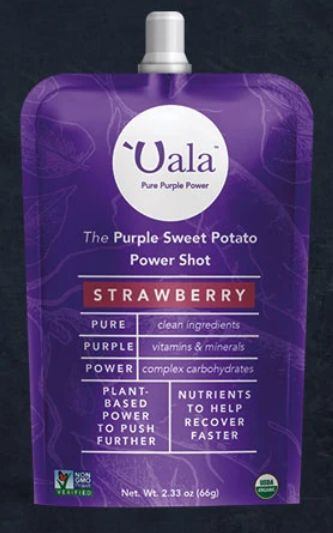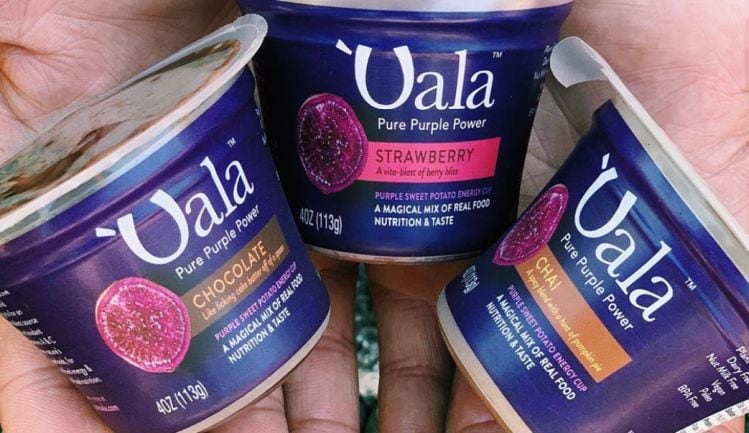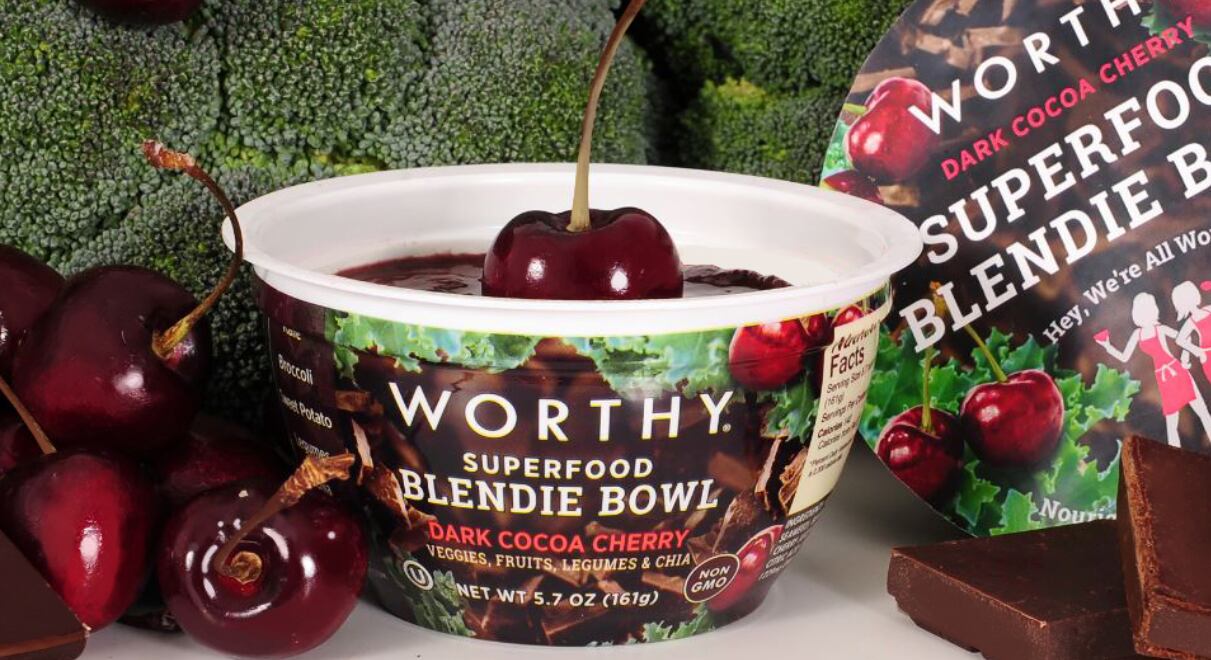That said, with consumers hunkering down at home in a bid to flatten the COVID-19 curve, the packaged food sector is one of the few industries that will see growing demand in the coming days and weeks, and firms such as Uala that make clean-label, nutrient-packed, but shelf-stable products should be well-placed after the initial panic buying calms down and we learn to live with a new reality, said Aharam.
“It’s scary to be totally honest," said Aharam, who is in the process of raising money for a seed round. "We’re a brand new company that launched in September 2019 and my daily life until now has been sales and demos, which has been critical to raise capital, so it’s a scary time.
"Every demo I had scheduled for the next few weeks have been canceled and no one is focused on onboarding new brands right now.
“However, we do have a shelf-stable product that’s loaded with nutrition and vitamins and minerals so it’s a good product to try at a time like this.”
160-190 calories, 6-7g protein, 7-8g sugar and 3-4g fiber
Uala launched in around 110 Target stores (mostly in L.A. County and San Diego) and is now in a growing number of natural food stores in Northern California. Like fellow startup The Worthy Company (click here), it is trying to create a new category with shelf-stable nutrient packed vegan bowls that deliver protein, fiber and nutrients without a ton of sugar and no ‘filler’ ingredients.
While The Worthy Company’s ‘blendie’ bowls are made with a variety of fruits, veggies, legumes, chia and pea protein, the star ingredient in Uala’s product is organic purple sweet potato (ingredient #1), followed by pumpkin seed butter (which provides the protein).
The product, which can be eaten straight out of the cup, used as a foundation for a smoothie, frozen to make treats or used as a dip, comes in three flavors (chocolate, chai, strawberry) with each 4oz cup containing 160-190 calories, 6-7g protein, 7-8g sugar and 3-4g fiber, said Aharam.
"We had a very positive meeting with a Whole Foods forager in Northern California and they really liked the product, but the cup format in the refrigerated section [where many retailers are putting it] is tricky as it's managed from the Austin HQ and really reserved for product that needs to be refrigerated [Uala doesn't]. So we came back to them in early February with the shot concept (see below) and they really liked it.
"I think there is also a massive opportunity for the shot format in the direct to consumer [channel]."

‘It was the best smoothie of my life… and it kept me filled up all day’
Unlike plant-based yogurts – which it sits alongside in some stores (although some retailers are positioning it in the grab & go refrigerated snack aisle) – Uala ‘energy cups’ don’t contain any gums and starches (which most consumers don’t have in their pantries), and in most cases contains less sugar (the sweetness comes from the sweet potatoes and a small amount of coconut sugar).

They are also more versatile – as Uala cups do not need to stay in the fridge (even though they are generally merchandised there), and can be taken to school, work, camping, hiking, or the gym, said Aharam, a designer who casually tossed some purple sweet potato left over from the previous night’s meal into the blender while making a banana and peanut butter smoothie in Maui a few years ago, and was bowled over by how great it tasted.
“It was the best smoothie of my life… and it kept me filled up all day.”
Four years later, he launched the product in Target with a two-pack ($4.99) after perfecting the formulation with a firm in California’s Central Valley that specialized in shelf-stable high-nutrient products (a single serve cup will launch shortly, followed by a 2.33oz ‘power shot’ in a pouch format).
While there is a heat-step to make the product safe with a 12-month shelf-life, each cup contains 60% of the DV for vitamin D, 20% of the DV for iron, 20% of the DV for potassium, and 40% of the DV for vitamin C (from ascorbic acid).
Target consumers
It's early days, with preliminary data suggesting that the cups are popular with a range of consumers, but as for early adopters, Aharam is targeting athletes, who are increasingly embracing plant-based products that provide a balance of protein, carbs and healthy fats with simple, wholesome ingredients and cleaner labels.
"But we're also seeing Moms seeing it as great for kids' backpacks and after school snacks, or getting creative with it in smoothies and bowls and we've just launched a recipe section on our website to help inspire people."


